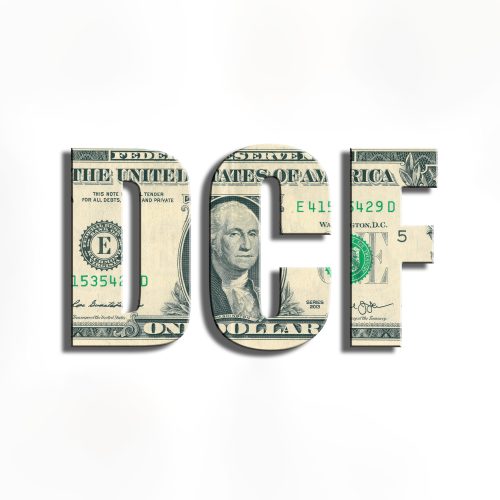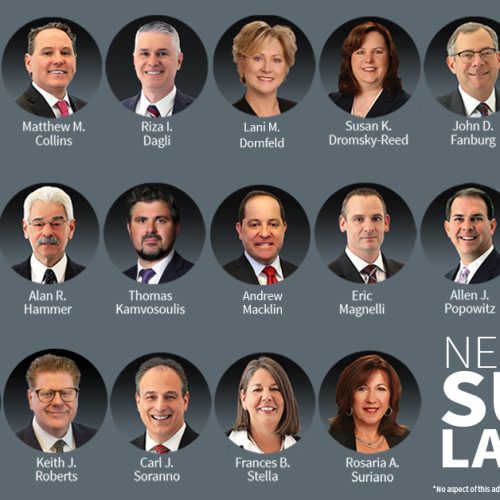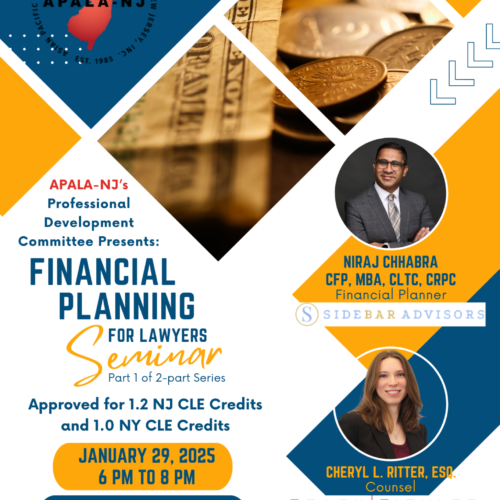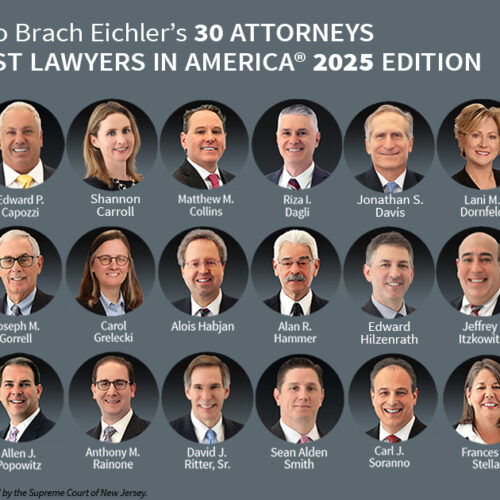Tax Alert | Tax Court Guidance on Charitable Contributions and Assignment of Income
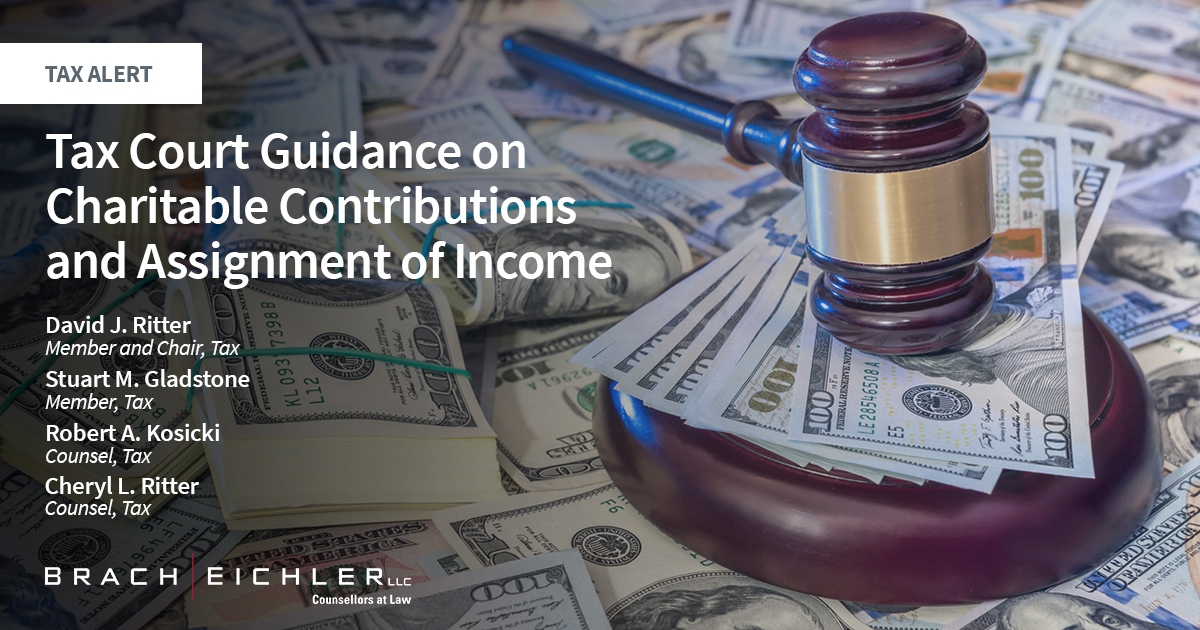
February 26, 2024
Today is the first of two alerts dealing with the Estate of Hoensheid v. Commissioner of Internal Revenue, T.C. Memo 2023-34 (2023). In this, the first, the standard for determining whether a taxpayer has made an anticipatory assignment of income is discussed. The judicially created anticipatory assignment of income doctrine recognizes that income is taxed to those who earn or otherwise create the right to receive it and that it cannot be assigned or gifted away.
Hoensheid involves a common fact pattern. The taxpayer was one of three owners of a closely held business, wishing to both sell and to contribute part or all of the proceeds to a tax-exempt charity or donor advised fund, the assignee. If properly structured, the owner receives a charitable deduction equal to the fair market value of the contributed property and the built-in gain on the investment is taxed to the charity. In order to do so, the owner must contribute the ownership interest (in this case 1380 shares of stock) to the charity, but when? Like most owners, the taxpayer in Hoensheid wanted to wait as long as possible before making the actual contribution. During the course of the negotiations concerning the sale, the taxpayer was advised that the contribution had to be completed before any purchase agreement was executed. This is referred to the binding agreement test and has its origin in Rev. Rul. 78-197. If you contribute before the purchase agreement is signed, no anticipatory assignment. If you contribute after the purchase agreement is signed, anticipatory assignment. It provides a bright line for taxpayers. But is it that simple?
The Tax Court first analyzed the requirements under state law to determine when the gift was completed. It concluded the gift took place on July 13, 2015, two days before the signing of the SPA on July 15, 2015, seemingly within the bright line test of Rev. Rul. 78-197. The Tax Court agreed that the gift occurred before the sale and that the charity was not obligated to sell at the time of the gift, but that although the donee’s legal obligation to sell is significant to the assignment of income analysis, it was only one factor.
In short, there is no bright line but there are multiple factors in an assignment of income analysis of a fact pattern. Instead, the ultimate question is whether the transferor, considering the reality and substance of all the circumstances, had a fixed right to income in the property at the time of transfer. If the sale was virtually certain to occur, the anticipatory assignment of income doctrine is satisfied and the taxpayer, not the charity, is taxed on the sales proceeds from the charity’s sale.
In this case, the relevant factors in determining whether the sale of shares was virtually certain to occur include:
- Any legal obligation to sell by the donee.
- The actions already taken by the parties to effect the transaction.
- The remaining unresolved transactional contingencies.
- The status of the corporate formalities required to finalize the transactions.
With regard to the first factor, the Tax Court held that there was no proof of any obligation of the charity to sell the shares, either formal or informal. This was a favorable factor for the taxpayer.
With regard to the second factor, the Tax Court found that there were bonus and shareholder distributions made before the SPA was executed. This factor indicates that the income was earned at an earlier point in time.
With regard to the third factor, the Tax Court found that there were major transactional contingencies (environmental obligations) but that they had been resolved before the SPA was executed. This factor indicates that the income was earned at an earlier point in time.
With regard to the fourth factor, the Tax Court found that after the SPA was executed there were only ministerial actions remaining. This factor indicates that the income was earned at an earlier point in time.
The tax court, based on the various factors mentioned above, determined that the income or gain from the sale was earned at an earlier point in time, resulting in the taxpayer being treated as the seller of the shares of stock purportedly gifted to the charity.
In summary, as the Tax Court found, to avoid an anticipatory assignment of income on the contribution of appreciated shares of stock followed by a sale of the donee, a donor must bear at least some risk at the time of contribution that the sale will not close. The bright line of Rev. Rul. 78-187 was a factor but compliance with that alone did not provide a safe harbor. Other factors needed to be considered to determine if the gain was earned before the sale and taxable to the donor.
If you are the owner of a closely held business and are contemplating a charitable gift of a portion of your ownership interest, do not hesitate to contact either David Ritter, Stuart Gladstone, Bob Kosicki, or Cheryl Ritter for guidance in dealing with the multiple factors set forth in the anticipatory assignment of income doctrine.
For more information or assistance, please contact:
David J. Ritter, Esq., Member and Chair, Tax Practice, at dritter@bracheichler.com or 973-403-3117
Stuart M. Gladstone, Esq., Member, Tax Practice, at sgladstone@bracheichler.com or 973-403-3109
Robert A. Kosicki, Esq., Counsel, Tax Practice, at rkosicki@bracheichler.com or 973-403-3122
Cheryl L. Ritter, Esq., Counsel, Tax Practice, at critter@bracheichler.com or 973-364-8307
About Brach Eichler LLC
Brach Eichler LLC is a full-service law firm based in Roseland, NJ. With over 80 attorneys, the firm is focused in the following practice areas: Healthcare Law; Real Estate; Litigation; Trusts and Estates; Corporate Transactions & Financial Services; Personal Injury; Criminal Defense and Government Investigations; Labor and Employment; Environmental and Land Use; Family Law Services; Patent, Intellectual Property & Information Technology; Real Estate Tax Appeals; Tax; and Cannabis Law. Brach Eichler attorneys have been recognized by clients and peers alike in The Best Lawyers in America©, Chambers USA, and New Jersey Super Lawyers. For more information, visit www.bracheichler.com.
This alert is intended for informational and discussion purposes only. The information contained in this alert is not intended to provide, and does not constitute legal advice or establish the attorney/client relationship by way of any information contained herein. Brach Eichler LLC does not guarantee the accuracy, completeness, usefulness or adequacy of any information contained herein. Readers are advised to consult with a qualified attorney concerning the specifics of a particular situation.
Related Practices: Tax
Related Attorney: Cheryl L. Ritter, David J. Ritter, Stuart M. Gladstone, Robert A. Kosicki







